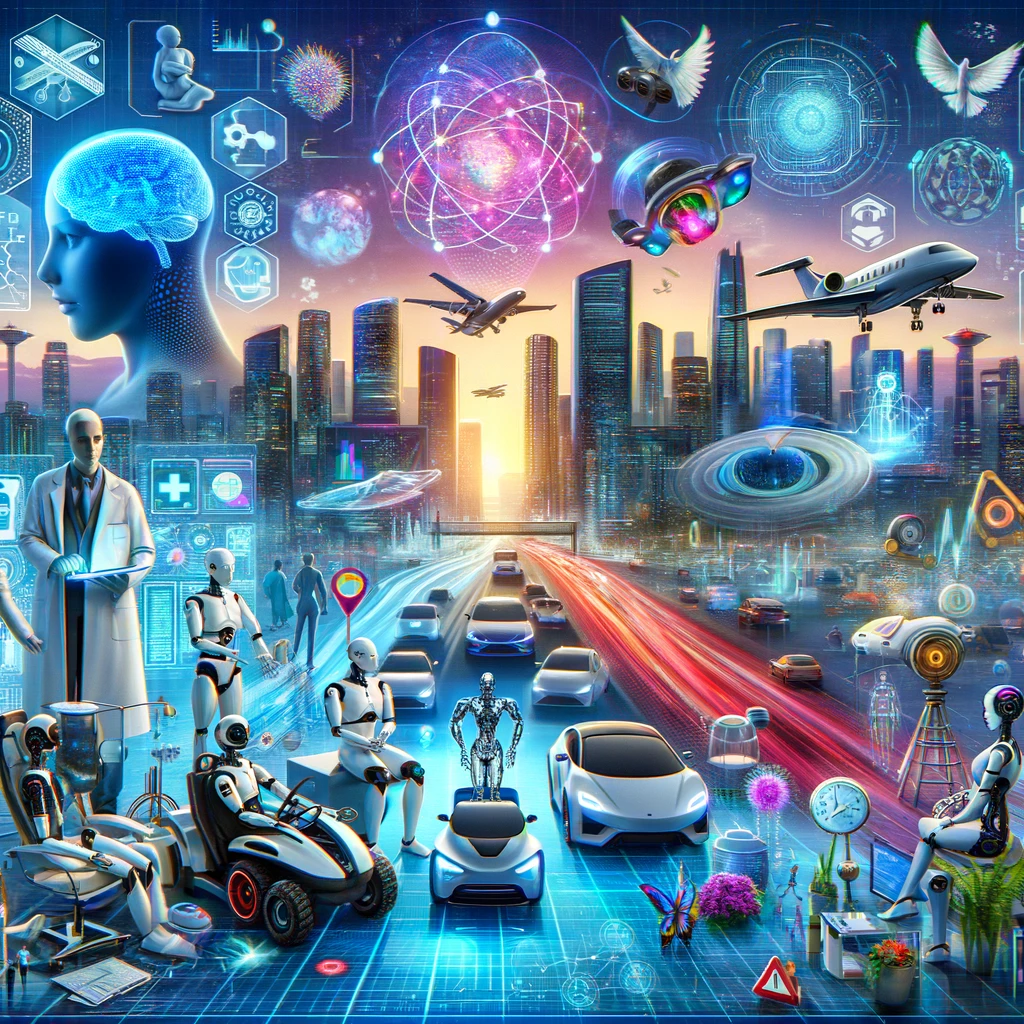AI is one of the most exciting technological fields, with deep learning enabling machines to think and perform complex tasks much like humans
For instance, systems like DeepMind’s AlphaFold are revolutionizing research in biology and chemistry, while generative AI is changing how we create and interact with content.
As we look ahead to the late 2020s, AI will continue to evolve, increasingly competing with humans in various domains. Although AI has not yet reached human-level intelligence, its rapid progress is undeniable. This raises important ethical questions about authenticity and the potential misuse of AI, as it becomes harder to distinguish AI-generated content from reality.
By the 2030s, AI is expected to fundamentally reshape our social and economic structures. Autonomous vehicles, AI-driven financial systems, and advanced automation will reduce the need for many low-level human jobs, increasing the demand for creatives, engineers, and data scientists. AI will also revolutionize healthcare, providing more accurate diagnostics and personalized health recommendations, ultimately helping people live longer and healthier lives
Ng also pointed out that faster inference speeds, like those from Grok's 800 tokens per second, can greatly improve workflow efficiency. His talk underscored the future potential of AI agents in advancing AI capabilities and moving towards Artificial General Intelligence (AGI).
As we approach the mid-21st century, AI will integrate more deeply into human life, with technologies that enhance our physical and cognitive abilities
By the 2060s, we might witness the emergence of Artificial General Intelligence (AGI), capable of human-level cognition and beyond. This could lead to the Singularity, a tipping point of unprecedented technological growth.
The future of AGI poses both incredible opportunities and significant risks
While it has the potential to solve humanity's greatest challenges, it could also threaten our autonomy and safety if not managed responsibly. As AI continues to develop, it's crucial to balance innovation with ethical considerations to ensure a positive outcome for humanity.
